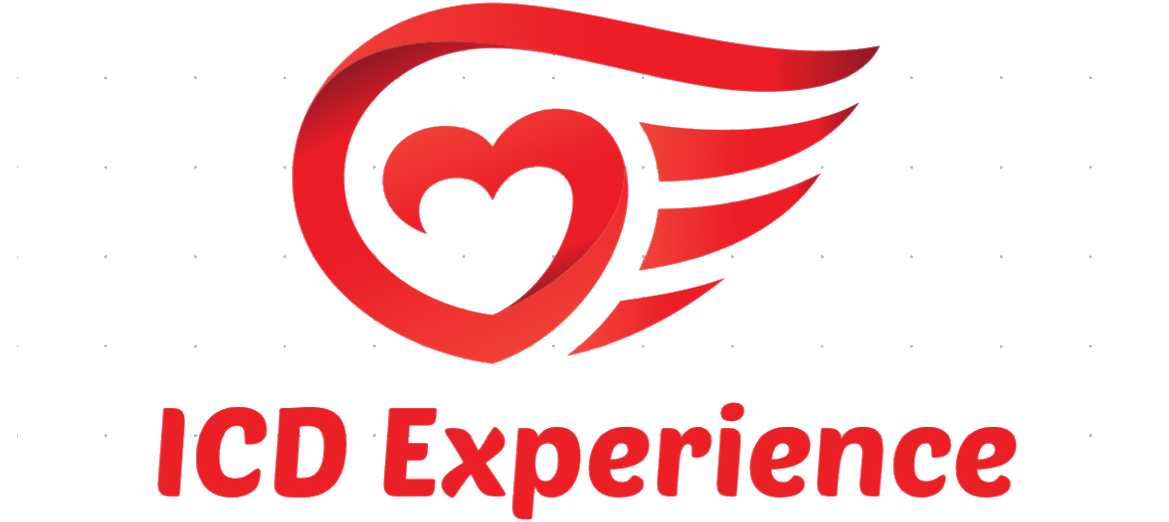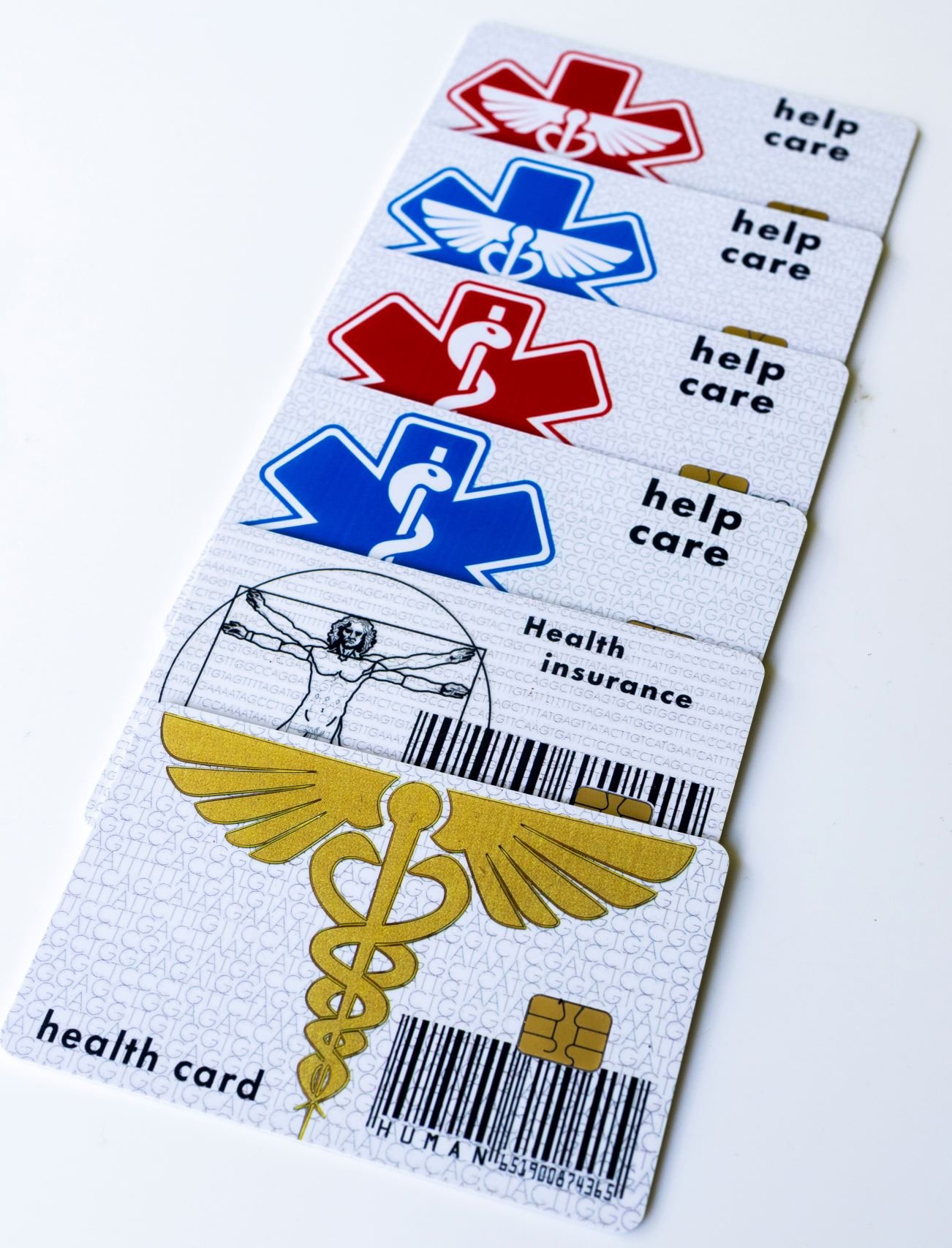Living with an Implantable Cardioverter Defibrillator (ICD) requires more than just routine medical care. To ensure your safety and well-being, it’s crucial to have a well-thought-out emergency preparedness plan tailored to your specific needs. Whether you’re at home, traveling, or in a public place, knowing what to do in case of an emergency can make all the difference. This article will guide you through creating a comprehensive emergency plan that addresses the unique challenges of living with an ICD, using expert advice and practical tips.
Understanding the Importance of an ICD Emergency Plan
An ICD is a life-saving device designed to prevent sudden cardiac arrest by detecting and treating dangerous heart rhythms. However, the presence of an ICD also means you need to be prepared for situations where the device might activate or when medical attention is required. An emergency plan is not just about having a list of contacts—it’s about being ready for any scenario, whether it’s a natural disaster, a medical emergency, or a situation where you are unable to communicate your needs.
Components of an Effective ICD Emergency Plan
Creating an effective ICD emergency plan involves several key components. Each aspect of the plan should be tailored to your specific health needs and lifestyle, ensuring that you are fully prepared for any situation that may arise.
1. Medical Information and Documentation
The first step in your emergency preparedness plan is to have all your medical information readily available. This includes details about your ICD, your cardiac condition, medications, and any other relevant medical history. Keep a list of your current medications, including dosages and the times you take them. It’s also essential to have contact information for your healthcare providers, including your cardiologist and ICD specialist.
Consider creating a medical ID card that you can carry in your wallet or wear as a bracelet. This card should include information about your ICD, your medical condition, and emergency contact numbers. In an emergency, this information can help first responders and medical personnel provide the appropriate care quickly.
2. Communication Plan
Effective communication is critical during an emergency. Make sure that your family, friends, and caregivers are aware of your condition and know what to do if your ICD activates or if you need
a communication plan that includes multiple ways to reach you and your loved ones during an emergency. This might involve designating a primary contact person who can relay information to others, ensuring that everyone is kept informed. Make sure that your emergency contacts are familiar with your ICD, how it works, and what steps to take if something goes wrong. You might also consider using a medical alert system that can automatically notify emergency services if your ICD activates.
For those who rely on technology, consider setting up emergency contacts in your smartphone. Many smartphones allow you to add emergency information that can be accessed without unlocking the phone. This can be especially useful if you are unable to communicate during an emergency.
3. Emergency Supplies and Medications
An essential part of your ICD emergency plan is ensuring that you have access to necessary supplies and medications during an emergency. This might include a portable medical kit containing:
- Extra doses of your medications
- A copy of your medical records
- A portable phone charger
- A list of emergency contact numbers
- Your ICD identification card
If you live in an area prone to natural disasters like hurricanes, earthquakes, or floods, you should also prepare a more extensive emergency kit. This kit should include:
- Non-perishable food and water for at least three days
- A battery-operated or hand-crank radio
- Flashlights with extra batteries
- Basic first-aid supplies
- A whistle to signal for help
Ensure that your emergency supplies are stored in a place that’s easily accessible and known to all members of your household. It’s also a good idea to periodically check your emergency kit to make sure that all items are up to date and in working order.
4. ICD Maintenance and Monitoring
Regular maintenance and monitoring of your ICD are crucial for its proper functioning, especially in an emergency. Ensure that your ICD is routinely checked by your healthcare provider to make sure it’s working correctly. Many ICDs have home monitoring systems that allow your doctor to remotely check the device’s status. Make sure you understand how this system works and keep it set up and operational.
If your ICD has a remote monitoring system, keep the contact information for the monitoring center handy in your emergency plan. This way, you can quickly report any issues with the device and receive guidance on what to do next.
5. Preparing for Travel
Traveling with an ICD requires additional precautions to ensure your safety. Whether you’re traveling by plane, car, or any other means, it’s important to plan ahead.
- Before You Travel: Inform your cardiologist about your travel plans. They may provide additional recommendations or adjustments to your medication regimen. Make sure you have enough medication for the entire trip, plus a few extra days’ worth in case of delays.
- Airport Security: Airports have specific protocols for passengers with ICDs. Inform the security personnel that you have an ICD before you go through the screening process. You may be advised to avoid the metal detector or undergo a pat-down instead. Always carry your ICD identification card with you.
- Destination Considerations: Research the healthcare facilities available at your destination, especially if you’re traveling to a remote area. Know where the nearest hospital or medical center is located and have a plan for how to reach it in case of an emergency.
- Travel Insurance: Consider purchasing travel insurance that covers medical emergencies, including those related to your ICD. This can provide peace of mind and financial protection in case you need medical care while away from home.
Training and Education for You and Your Loved Ones
Educating yourself and those around you about living with an ICD is a critical component of your emergency preparedness plan. The more knowledgeable you are about your device and how it functions, the better prepared you will be in an emergency.
1. Learn How Your ICD Works
Understanding the basics of how your ICD works will help you recognize when something is wrong and what to do about it. For example, many ICDs can deliver a shock if they detect a dangerous heart rhythm. Knowing what to expect and how to respond can reduce panic and ensure that you take the right steps.
Discuss with your doctor what to do in different scenarios, such as what actions to take if the ICD delivers a shock, if you feel dizzy or faint, or if you experience chest pain. Ask about the signs that indicate when you should seek immediate medical help.
2. First Aid and CPR Training
Encourage your family members and close friends to take a first aid and CPR course. While an ICD is designed to prevent sudden cardiac arrest, there may still be situations where CPR is necessary. Knowing how to perform CPR can be life-saving, especially if emergency medical services are delayed.
3. Emergency Drills
Just as schools and workplaces conduct emergency drills, you can also practice emergency scenarios at home. These drills can help ensure that everyone knows what to do in the event of an emergency. Practice how to respond if your ICD activates, how to use your emergency supplies, and how to communicate with emergency responders. Regular drills can help reduce anxiety and ensure that everyone is prepared.
Special Considerations for Natural Disasters
Natural disasters pose unique challenges for those living with an ICD. Whether it’s a hurricane, earthquake, or wildfire, these events can disrupt access to medical care, electricity, and essential supplies. Being prepared for such situations is vital.
1. Power Outages
Power outages are common during natural disasters and can affect your ability to charge essential devices like smartphones and home monitoring systems. Consider investing in a portable power bank or a generator to ensure that you can keep your devices charged during an extended outage.
If you rely on electronic medical equipment that requires electricity, such as oxygen concentrators or CPAP machines, you may need to arrange for a backup power source. Discuss these needs with your healthcare provider and local utility company, as they may offer programs to prioritize power restoration for individuals with medical devices.
2. Evacuation Planning
In some cases, natural disasters may require you to evacuate your home. Have a plan in place for where you will go and how you will get there. Ensure that your emergency kit is ready to go, and keep your ICD identification card and medical records with you at all times.
Identify multiple evacuation routes and communicate your plan with family members and friends. If you’re evacuating to a shelter, inform the staff about your ICD and any specific medical needs you may have.
3. Staying Informed
During a natural disaster, staying informed about the situation is crucial. Keep a battery-operated or hand-crank radio in your emergency kit to receive updates if the power goes out. Many communities also offer emergency alert systems that can send notifications to your phone or email. More resources and readings can be found below:
- American Heart Association: Living with an ICD – This resource provides comprehensive information on living with an ICD, including tips for emergency preparedness and everyday management.
- Ready.gov: Emergency Preparedness for People with Disabilities – Ready.gov offers practical advice on how individuals with disabilities, including those with medical devices, can prepare for emergencies and natural disasters.
- Red Cross: Prepare for Emergencies – The Red Cross provides guidelines for preparing for various types of emergencies, including natural disasters and medical crises.
Conclusion: Embracing Life with an ICD through Preparedness
Living with an ICD involves more than just routine medical checkups—it requires being prepared for the unexpected. By creating a comprehensive emergency plan, you can ensure that you are ready to handle any situation that may arise, whether it’s a medical emergency, a natural disaster, or a power outage. Remember that emergency preparedness is an ongoing process. Regularly review and update your plan, educate those around you, and stay informed about the latest best practices for managing your ICD.
With the right plan in place, you can live confidently, knowing that you are prepared to protect your health and well-being in any emergency.












